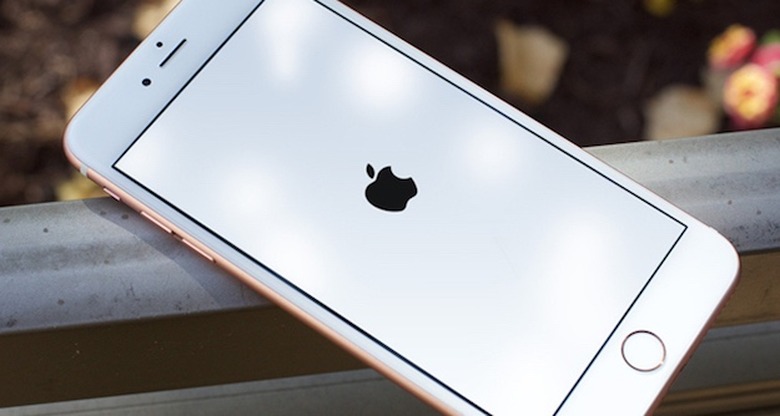Government Says 'Dormant Cyber Pathogen' May Be In San Bernardino Shooter's iPhone
What are "dormant cyber pathogens" you ask? It's a sort of computer network infection, according to the U.S. government, which could produce significant harm to said network, when and if activated in the future. The dubious term was just used by San Bernardino's DA Michael Ramos to explain why the iPhone 5c that the FBI wants Apple to crack is so important for the San Bernardino shooting investigation.
DON'T MISS: Godfather of encryption explains why Apple should help the FBI hack the terrorist's iPhone
Ramos wrote in a court filing that the iPhone 5c that belonged to Syed Rizwan Farook "may contain evidence that can only be found on the seized phone that it was used as a weapon to introduce a lying dormant cyber pathogen that endangers San Bernardino's infrastructure."
In other words, Farook may have used the iPhone 5c to deliver a malware payload when connected to the internal network of Farook's employer.
However, cyber security experts tend to disagree with this particular wording used to describe this potential threat. Talking to Ars Technica, Jonathan Zdziarski said that Ramos seems to suggest that a "magical unicorn might exist on his phone."
The world has never seen what he is describing coming from an iPhone," Zdziarski added. "I would expect, I would demand, in order to make that statement at all, he should make some kind of proof."
"It sounds like he's making up these terms as he goes. We've never used these terms in computer science," he continued.
"I think what he's trying to suggest is that Farook was somehow working with someone to install a program on the iPhone that would infect the local network with some kind of virus or worm or something along those lines. Anything is possible, right? Do they have any evidence whatsoever to show there is any kind of cyber pathogen on the network or any logs or network captures to show that Farook's phone tried to introduce some unauthorized code into the system?"
Some people including the husband of a victim of the San Bernardino shootings speculated there might not be any relevant data on the iPhone 5c, considering that the shooters destroyed personal hardware that may have contained proof about their links with ISIS. Of course, there's no telling what's on the phone until someone cracks it.
Apple, meanwhile, continues to defy the FBI on the matter, with a large number of tech companies lining up behind it in defense of encryption as means to protecting privacy and ensuring the security of online services and connected devices.
